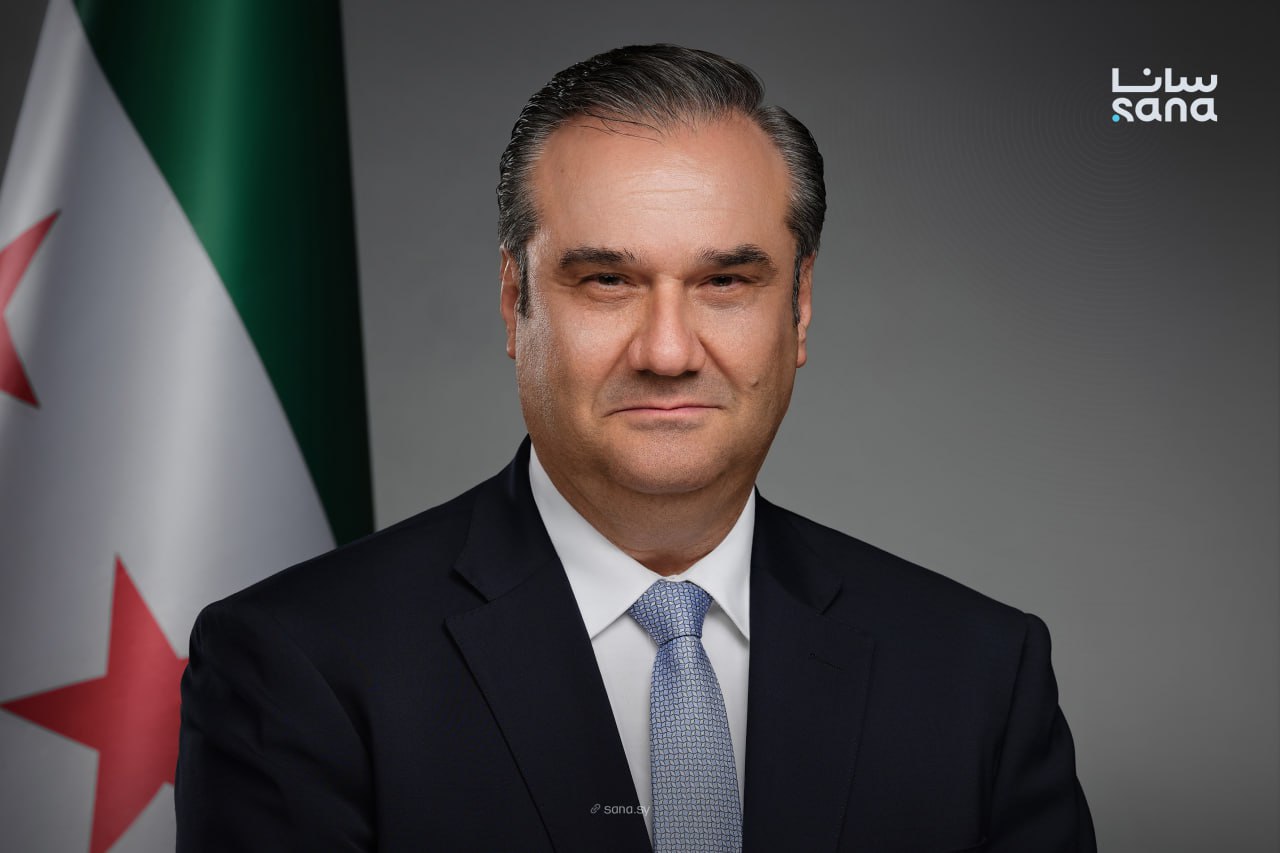The Central Bank of Syria: Preparation of the Executive Instructions Project for the Investment Banks Law in Preparation for Launching a New Financial Phase

The Central Bank of Syria announced the completion of the preparation of the Executive Instructions Project for the Investment Banks Law No. (56) of 2010, in a step described by the bank's governor, Abdul Qader Al-Hosri, as a "qualitative leap towards developing the financial and banking system in Syria and meeting the financing needs for reconstruction".
Al-Hosri explained, in a post on his personal Facebook page, that the law represents a pivotal point in organizing and licensing investment banks, and contributes to enhancing the national investment environment in line with regional and international transformations in the field of financial services.
He pointed out that the law and its executive instructions aim to organize the work of investment banks according to the best practices and international standards, and to enable the financial sector to play an active role in financing development and reconstruction projects, while achieving a balance between encouraging private investments and ensuring oversight and institutional transparency, in addition to enhancing investor protection and establishing principles of good governance.
Al-Hosri confirmed that the issuance of the executive instructions and then the licensing of investment banks in Syria will represent a strategic step towards building a modern economy based on investment, transparency, and accountability, paving the way for launching a new phase of economic growth and sustainable development, which enhances the country's position as an active financial and investment center in the region.
According to the provisions of Law No. (56), an investment bank is defined as a financial institution aimed at financing the investment activity of the private sector and contributing to financing projects of the economic public sector, in addition to providing consulting services and contributing to the establishment of companies, within the controls specified in the law.
The law also sets the capital of the investment bank at no less than twenty billion Syrian pounds, allowing, by a decision from the Council of Ministers based on a proposal from the Monetary and Credit Council, an increase in the contribution rate of specialized legal entities in the bank's work — regardless of their nationality — to no more than 49% of the capital, provided that contributions from Arabs, foreigners, and non-resident Syrians are paid in foreign currency.